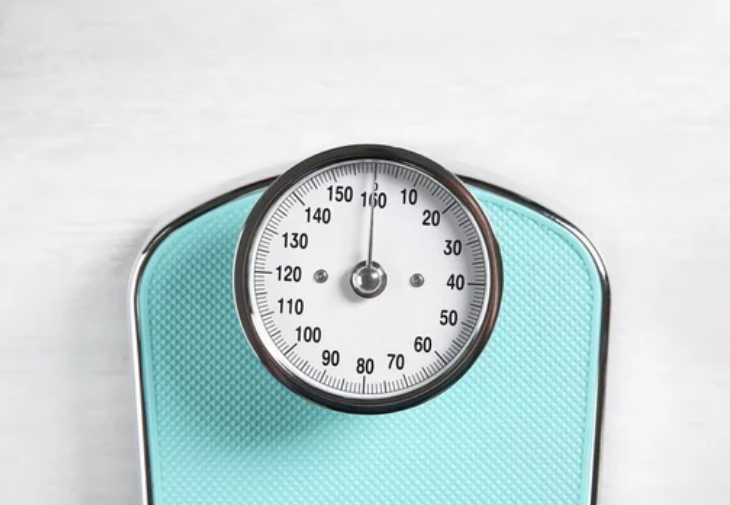Converting your body weight from pounds (lbs) to kilograms (kg) is a simple yet essential task for international travel, fitness tracking, or medical purposes. This guide will provide step-by-step instructions, practical examples, and tips for making quick and accurate conversions without any hassle.
Understanding the Conversion Formula
The key to converting pounds to kilograms lies in the fixed relationship between these two units:
1 lb = 0.453592 kg
This means that to find your weight in kilograms, you simply multiply your weight in pounds by 0.453592. Conversely, to convert kilograms back to pounds, multiply the weight in kilograms by 2.20462.
Check out our Pounds Converter (lb)
Step-by-Step Conversion Process
Here’s how to quickly convert your body weight:
From Pounds to Kilograms
- Start with your weight in pounds.
Example: 150 lbs - Multiply by the conversion factor (0.453592).
Calculation: 150 × 0.453592 = 68.04 kg
From Kilograms to Pounds
- Start with your weight in kilograms.
Example: 70 kg - Multiply by the conversion factor (2.20462).
Calculation: 70 × 2.20462 = 154.32 lbs
Quick Reference Conversion Table
If you don’t want to perform the calculations each time, here’s a handy chart for common body weights:
| Pounds (lbs) | Kilograms (kg) |
|---|---|
| 100 | 45.36 |
| 120 | 54.43 |
| 150 | 68.04 |
| 180 | 81.65 |
| 200 | 90.72 |
| 250 | 113.40 |
Tips for Quick and Accurate Conversions
- Use an Online Calculator or App
- Many fitness and health apps offer built-in weight conversion features. Simply input your weight, and the app will do the math for you.
- Leverage Voice Assistants
- Virtual assistants like Siri, Alexa, or Google Assistant can perform conversions instantly when you ask, “What is X pounds in kilograms?”
- Memorize Key Benchmarks
- Keep common conversions in mind, such as:
- 100 lbs ≈ 45.36 kg
- 150 lbs ≈ 68.04 kg
- 200 lbs ≈ 90.72 kg
- Keep common conversions in mind, such as:
- Print or Save a Conversion Chart
- A printable chart or a screenshot saved on your phone can serve as a quick reference for conversions when you’re on the go.
- Invest in a Dual-Unit Scale
- A scale that displays both pounds and kilograms eliminates the need for manual conversions.
Why Convert Your Weight?
1. Travel and International Standards
Most countries outside the U.S. use the metric system. When traveling internationally, you may need to understand your body weight in kilograms to comply with medical records, fitness standards, or airline luggage policies.
2. Fitness and Nutrition Tracking
Global fitness programs, apps, and nutrition plans often list weight goals or caloric intake based on kilograms. Converting your weight ensures compatibility with these systems.
3. Medical and Scientific Precision
Doctors, nutritionists, and fitness trainers worldwide use kilograms in reports and calculations. Knowing your weight in kilograms helps streamline communication with professionals.
Real-Life Scenarios for Body Weight Conversion
1. Weighing Luggage
Airlines often have weight limits for checked baggage listed in kilograms (e.g., 23 kg per bag). Converting your body weight can help you compare and estimate how much your luggage weighs relative to you.
2. Joining Fitness Challenges
Fitness challenges hosted internationally or on global platforms like Strava or Fitbit may require participants to log weight in kilograms.
3. Purchasing Weight-Based Equipment
Whether you’re buying gym weights, food scales, or fitness equipment, understanding kilograms ensures you select the correct weight.
Common Mistakes to Avoid
1. Rounding Errors
While 0.45 kg is a convenient approximation, using the full conversion factor (0.453592) ensures greater accuracy, especially for precise weight goals.
2. Forgetting to Label Units
Always label your weight with either “lbs” or “kg” to avoid confusion. Mislabeling can lead to errors in fitness plans or health reports.
3. Overreliance on Memory
Human error is common when performing mental math. Double-check your conversions using a calculator or app to ensure accuracy.
Practical Examples of Weight Conversion
Scenario 1: Setting Weight Loss Goals
Suppose your current weight is 180 lbs, and your target weight is 70 kg. Here’s how you calculate:
- Convert your current weight to kilograms:
- 180 lbs × 0.453592 = 81.65 kg
- Determine the weight you need to lose:
- 81.65 kg − 70 kg = 11.65 kg
- Convert the weight loss goal to pounds for comparison:
- 11.65 kg × 2.20462 = 25.68 lbs
This approach provides a clear picture of your progress in both units.
Scenario 2: Interpreting Medical Records
If your doctor records your weight as 70 kg during a check-up, and you’re more familiar with pounds, convert it as follows:
- 70 kg × 2.20462 = 154.32 lbs
Knowing this helps you better track your weight history.
Try out our Free Math and English Worksheet Generators
Scenario 3: Preparing for International Competitions
Athletes competing internationally may need to report their weight in kilograms for official records. If a wrestler weighs 190 lbs, the conversion is:
- 190 × 0.453592 = 86.18 kg
Converting your body weight from pounds to kilograms is an essential skill for fitness tracking, travel, and health management. By understanding the conversion formula and using the tips outlined above, you can ensure accurate and efficient conversions every time. Whether you prefer using an app, memorizing key benchmarks, or leveraging conversion charts, mastering this simple task will make navigating between the Imperial and Metric systems effortless.
Takeaway
Keep the formula 1 lb = 0.453592 kg handy, and remember that precision is key when tracking progress or interpreting data. Make use of modern tools and stay consistent in your conversions to achieve your health and fitness goals.
